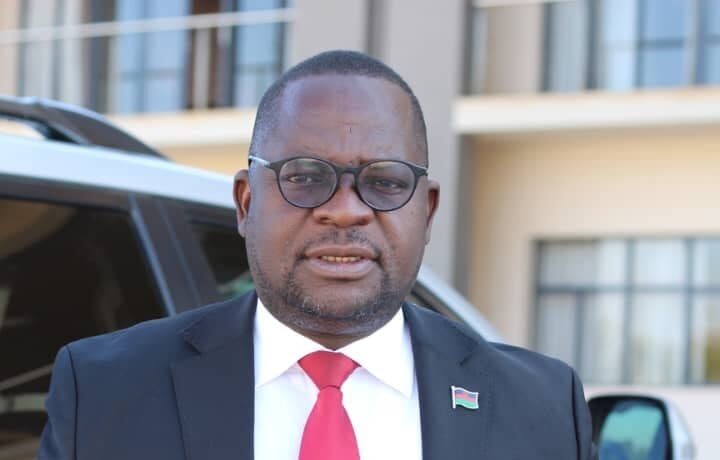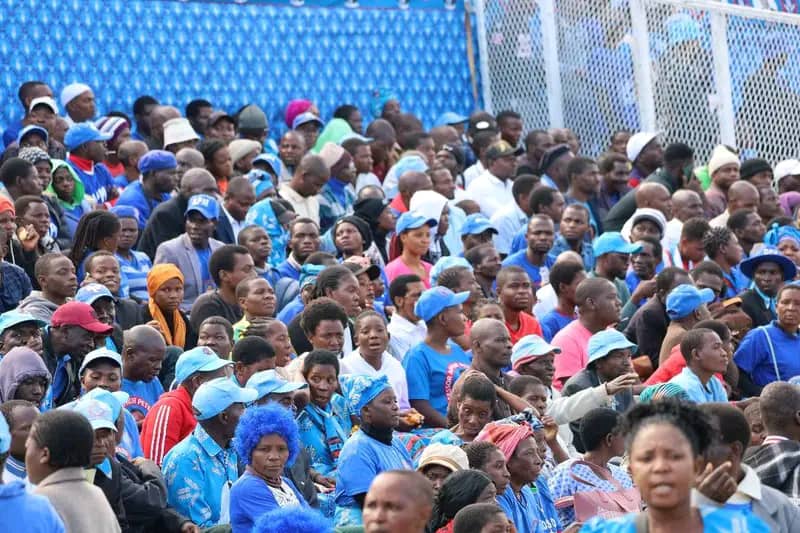By Burnett Munthali
The Democratic Progressive Party (DPP) is currently facing a significant challenge as its official Facebook page remains inaccessible following a hacking incident by unknown individuals. This situation has raised concerns about the party’s ability to communicate effectively with the public in an increasingly digital age.
Spokesperson Shadric Namalomba shared this development with Zodiak this morning, emphasizing the importance of their online presence. Namalomba stated that the DPP is exploring various strategies to restore their Facebook page. He acknowledged that the loss of this critical communication tool could hinder the party’s outreach and engagement with citizens, especially during a politically sensitive period.
In response to the hacking, the DPP has reported the issue to Facebook in hopes of recovering their page. However, given the uncertainty surrounding the situation, the party has taken proactive measures to ensure they can still disseminate information to the public. Namalomba mentioned that they are creating a temporary Facebook page to maintain communication channels and engage with the citizenry effectively.
- No retreat, no surrender: the wheel has turned
- MCP Spokesperson Jessie Kabwila Arrested as Political Tensions Escalate
- Loyalty: the currency that sustains real political power
- When the State House Became a Vestry: How Diplomatic Missions Were Turned into Feeding Troughs
- MCP comeback appears increasingly unlikely
The hacking incident highlights the vulnerabilities that political parties face in the digital landscape, where social media platforms are essential for outreach and communication. The DPP’s swift response to establish a temporary page reflects its commitment to staying connected with supporters and the general public during this challenging time.
As the party navigates this setback, it underscores the need for enhanced cybersecurity measures and vigilance to protect against such threats in the future. The DPP’s experience serves as a reminder to other political entities about the importance of safeguarding their online platforms to ensure uninterrupted communication with their constituents.




